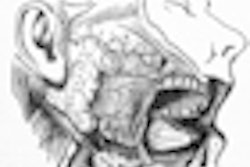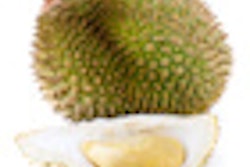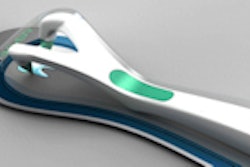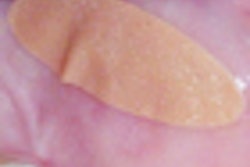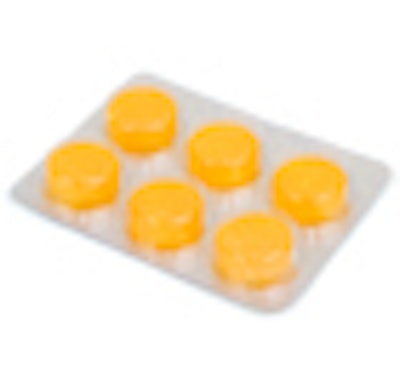
A self-adhering, slowly dissolving disk that releases xylitol, cellulose gum, and mild mint flavor has been found to be effective in relieving dry mouth during prolonged periods of sleep, according to a small study in the International Journal of Dental Hygiene (October 31, 2011).
Many patients have a sensation of dry mouth (xerostomia) while they are awake, which generates serious complaints, but there are consequences of dry mouth during sleep that are much more serious, according to study author Jeff Burgess, DDS, the director of Oral Care Research Associates, which provides research consulting services to commercial and educational clients.
“Any product that can reduce these consequences is worthy of investigation.”
— Jeff Burgess, DDS
Dry mouth is worst while sleeping, when saliva flow is lowest for everyone, and this can disturb sleep, according to Dr. Burgess. It can also cause an increase in levels of bacteria that cause caries, periodontal disease, and halitosis.
While daytime dryness is easily managed in most individuals, there is no product lasting longer than an hour that can be used at night to reduce the perception of oral dryness while sleeping, the study authors noted. To date, no research has supported the use of time-release oral-adhering disks for managing symptoms of nighttime dry mouth, they added.
This led them to study XyliMelts for Dry Mouth (OraHealth), disks which are designed to adhere to gingiva and/or molars in the buccal region and time release 500 mg of xylitol, cellulose gum, and a mild mint flavor.
"Any product that can reduce either of these serious consequences is worthy of investigation," Dr. Burgess said.
5 disks a day
To study this product, the authors recruited 15 subjects who identified themselves as having morning oral dryness. The study was conducted as a nonblinded case series with self-reported measures before treatment and self-reports of measures during and after one week of treatment. Subjects also completed a health history questionnaire that detailed medical problems.
Initial and follow-up questions included endorsement of two 100-mm visual analog scales (anchored by dryness/wetness and comfortable/uncomfortable) defining the perceived level of mouth moisture and the level of oral discomfort upon waking in the morning. The study participants were also asked about sleep problems and night awakenings related to dry mouth.
Each subject was asked to use one XyliMelts disk 30 minutes after breakfast, 30 minutes after lunch, and 30 minutes after dinner and two before going to bed.
Among the study findings:
Initial self-assessed oral wetness upon waking ranged from 3 to 50 (mean = 22.2). Self-assessed oral wetness upon waking after one week of using two disks at bedtime and three more during the day ranged from 32 to 92 (mean = 67.80).
Initial self-assessed discomfort upon waking ranged from 22 to 92 (mean = 65.23) with post-treatment discomfort ranging from 6 to 55 (mean = 27.63).
Several subjects reported less sleep disturbance associated with nighttime oral dryness.
"When the subjects in this study used two XyliMelts disks while sleeping, they reported their mouths were more moist upon waking in the morning, showing that the product reduces the sensation of dryness all night long," Dr. Burgess said. "They also reported that the flavors of xylitol and mint were still present in their mouths upon waking in the morning, showing that the time-release aspect of the product worked all night long."
To the researchers' knowledge, no remedy for xerostomia has previously been shown to be effective for a substantial period of sleep, and, as a consequence, to reduce the morning sensation of dryness and reduce sleep disturbance, he added.
"Dentists have many patients who suffer from xerostomia for a variety of reasons, and it is worst for them while sleeping," Dr. Burgess concluded. "This study shows that these patients can benefit from XyliMelts for Dry Mouth."




